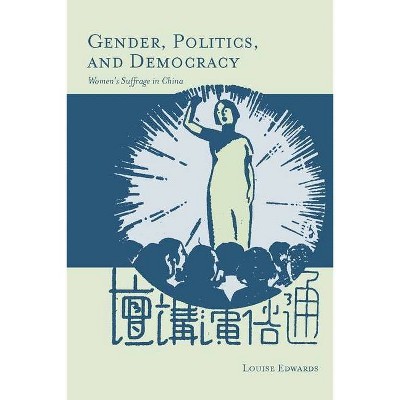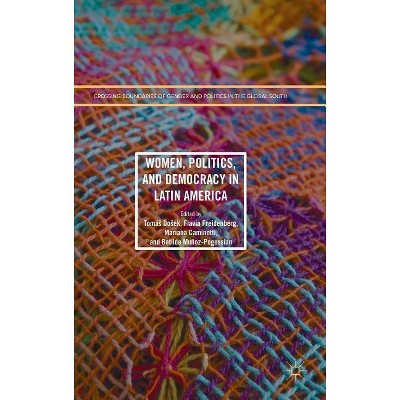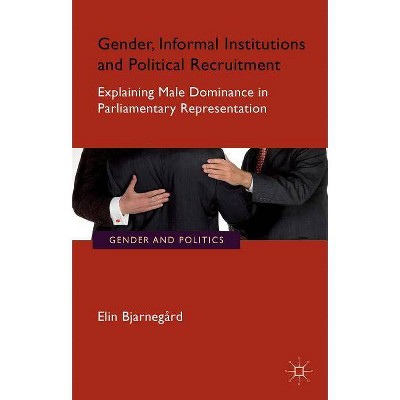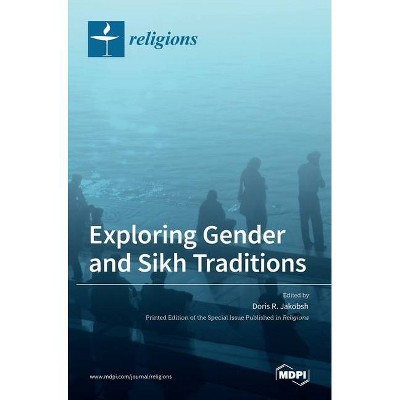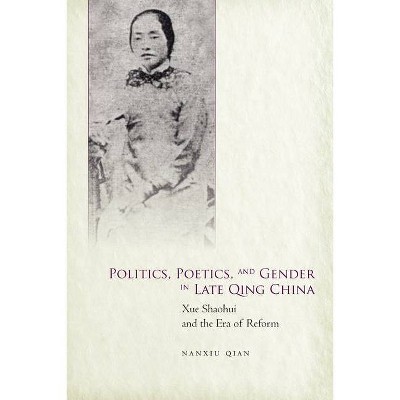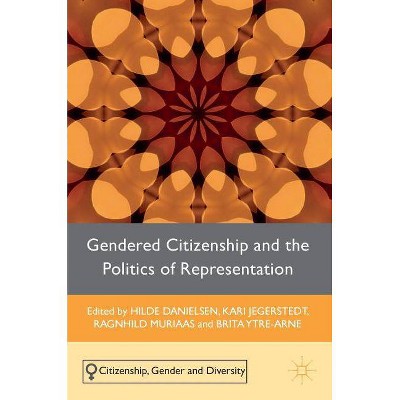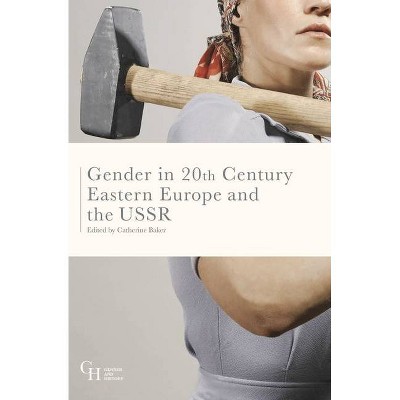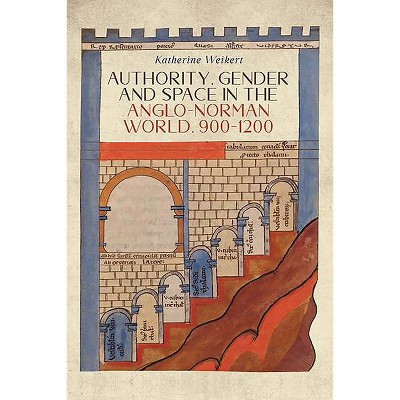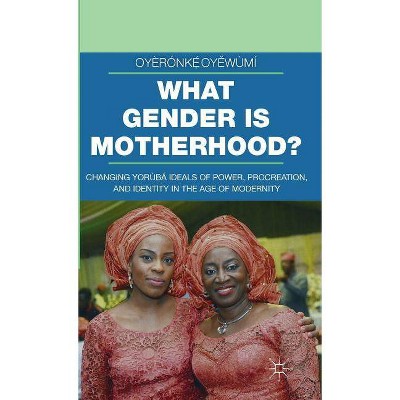Politicizing Gender and Democracy in the Context of the Istanbul Convention - (Gender and Politics) by Andrea Krizsán & Conny Roggeband (Hardcover)
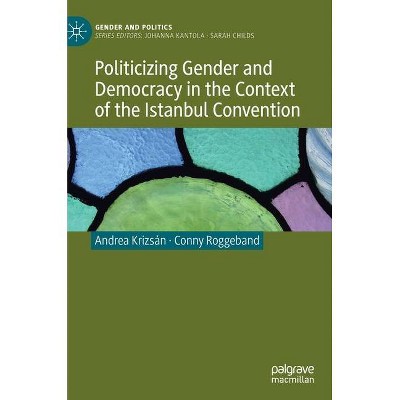
Similar Products
Products of same category from the store
AllProduct info
<p/><br></br><p><b> Book Synopsis </b></p></br></br><i>Table of Contents</i><p><i> </i><i>List of Abbreviations and Organizations</i></p> <p><i> </i><i>List of Tables</i></p> <p><i> </i><i>List of Figures</i></p> <p><i> </i><i>Preface</i></p> <p>1. Contestation around the Istanbul Convention and the questions it raises</p><p>2. The politics of violence against women: theoretical considerations</p><p>3. Opposing the Istanbul Convention: actors, strategies and frames</p>4. Resistance, resilience and resignation: women's rights advocates and their allies<p></p> <p>5. The reconfiguration of the policy field: how opponents appropriate VAW policies</p><p>6. Implications of the attacks for feminism, the state and democracy </p><p/><br></br><p><b> From the Back Cover </b></p></br></br><p>In this meticulously documented study, Krizsán and Roggeband demonstrate how the Istanbul Convention mobilized conservative forces, fostered intricate ties between autocratic states and nonstate actors, refigured civil society to advantage anti-equality activists, defunded feminist organizations providing services to abused women and shifted resources to conservative organizations favoring "family values" over women's empowerment. Their insightful analysis has vital lessons for those concerned with social justice in the 21<sup>st</sup> century.</p> <p>--Mary Hawkesworth, Rutgers University</p> <p>This incisive analysis of the politics of violence against women in Central and Eastern Europe highlights how some determined governments are blocking or reversing important gains on the international legal front through concerted political and civic action. A cautionary story with important implications for the broader fight to advance women's rights globally.</p> <p>--Thomas Carothers, Carnegie Endowment for International Peace</p> <p> </p> <p>This important study compares and challenges Central and Eastern European pushback movements against the Istanbul Convention. The Convention for the first time provides legally binding definitions of "gender" and "gender-based violence against women", misinterpreted by conservative forces opposing this progressive international instrument. This book shows how positive instruments like the Istanbul Convention can be judged as problematic and that much more is needed to make gender equality a reality. </p> <p><i>--Dubravka Simonovic</i>, Special Rapporteur on Violence against Women, its Causes and Consequences</p><p><br></p><p>This book examines opposition to the Council of Europe's Istanbul Convention and its consequences for the politics of violence against women in four countries of Central and Eastern Europe. Krizsán and Roggeband discuss why and how successful anti-gender mobilizations managed to obstruct ratification of the Convention or push for withdrawal from it. They show how resistance to the Convention significantly redraws debates on violence against women and has consequences for policies, women's rights advocacy and gender-equal democracy.</p> <p> </p> <p><b>Andrea Krizsán</b> is a professor at the Central European University, Austria. </p> <p><b>Conny Roggeband</b> is an associate professor of political science at the University of Amsterdam, Netherlands. </p><br><p></p><p/><br></br><p><b> About the Author </b></p></br></br><p>Andrea Krizsán is Professor at the Central European University, Austria. </p> <p>Conny Roggeband is Associate Professor of political science at the University of Amsterdam, Netherlands.</p><br></p>
Price History
Price Archive shows prices from various stores, lets you see history and find the cheapest. There is no actual sale on the website. For all support, inquiry and suggestion messages communication@pricearchive.us
